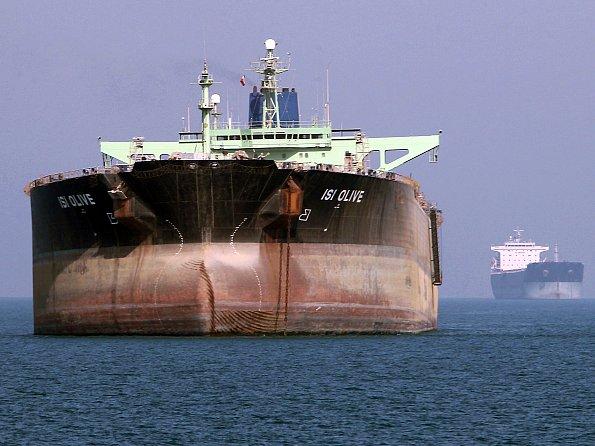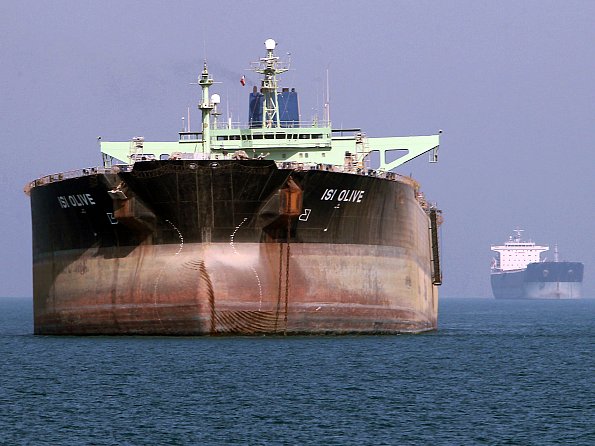WASHINGTON—In relations with a diplomatically isolated Iran, the People’s Republic of China appears to be balancing its need for oil with the importance of its ties to Washington. The Chinese regime drives a hard bargain, taking advantage of its dominant position in a sanctioned Iranian economy, while simultaneously taking a harder line on sanctions related to Iranian nuclear ambitions, even as it finds means for circumventing some U.N. sanctions.
A new report titled, “China-Iran: A Limited Partnership,” charts the shifting bilateral relationship between China and Iran and concludes that China is motivated in its current relationship with Iran primarily by economics, specifically its energy needs.
Written by CEBNTRA Technology Inc. under a contract for the U.S.-China Economic and Security Review Commission (USCC), the report was released Dec. 20. USCC is a bipartisan congressional commission that is mandated by law to review the national security implications of trade and economic ties between the United States and communist China.
The release of the report does not imply endorsement by the commission.
Both authoritarian regimes share a view of the U.S.’s support for human rights and democratic institutions as inimical to their rule. Both regimes at different times have abused pro-democracy demonstrators. However, the pressure of the sanctions has shifted the emphasis of the relationship from any shared ideological views to economics and oil and has weakened Tehran’s bargaining position.
As widely reported by the media, the economic sanctions are taking a heavy toll on Iran’s economy. Europe is preventing Iranian banks from doing business in euros. The United States has been preventing Iran from doing business in dollars. “The financial shackles have so impeded the regular flows of trade that China has even settled some of its outstanding $4 billion debt to Iran in gold,” says the report.
Beijing has exploited Iran’s inability to sell its oil in hard currencies to force Iran into barter transactions. The report says:
“[Bartering] has opened a floodgate of cheap, subsidized, and often sub-standard Chinese products, which have increasingly displaced Iranian industries and displeased the large consumerist middle class. There are also reports of delayed payments, causing intermittent trade frictions with Tehran.”
Barbara Slavin, senior fellow of the South Asia Center of the Atlantic Council, anticipated the report’s conclusion in a November 2011 article published by the Atlantic Council that said as Iran lost access to most Western banks, it “has turned increasingly to bartering oil for goods from China.” Slavin noted that over the last decade, China has increasingly become the leading trading partner with Iran.






